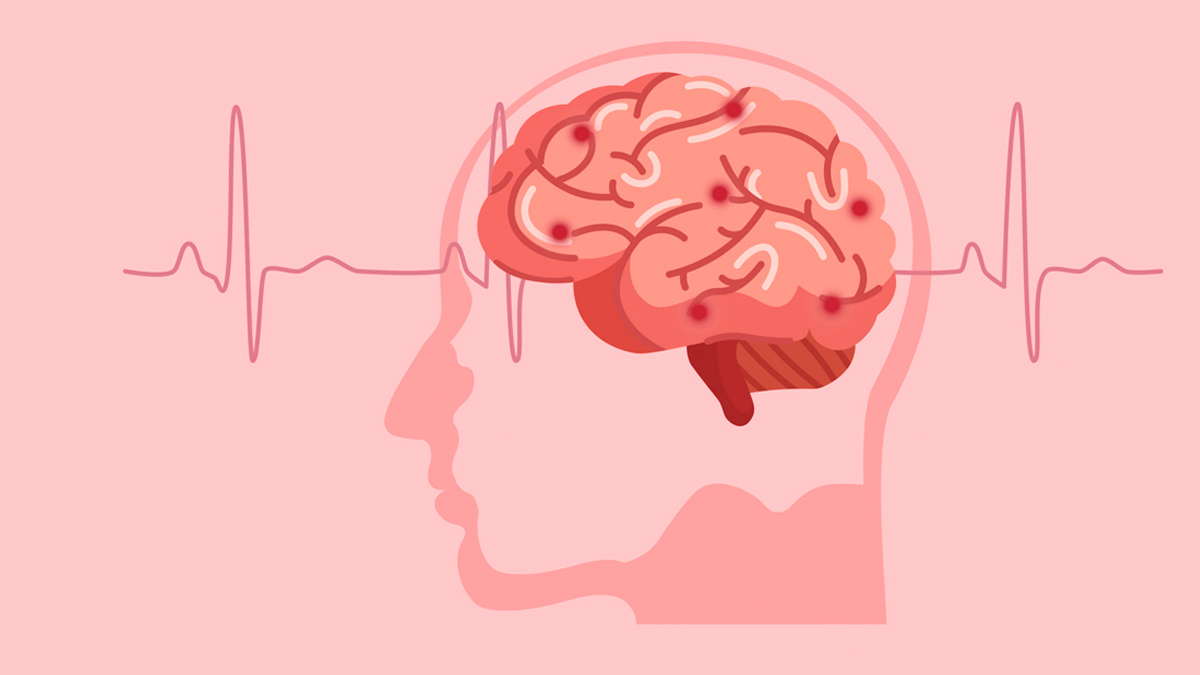
Brain tumours are abnormal growths of cells in the brain that can cause a wide range of symptoms. While these symptoms can vary depending on the location and size of the tumour, recognizing certain warning signs is crucial for early detection and timely medical intervention. This article will highlight some common symptoms that could potentially indicate the presence of a brain tumour.
Table of Content:-
1. Frequent Headaches
Persistent or worsening headaches, especially when accompanied by other symptoms, should not be ignored. Headaches caused by brain tumours are often more intense in the morning or after physical exertion. They may also be accompanied by nausea, vomiting, or changes in vision.
2. Seizures
Seizures, which are sudden and uncontrolled electrical disturbances in the brain, can be a significant indicator of a brain tumour. If you experience seizures for the first time as an adult, or if you have a history of seizures but notice an increase in frequency or intensity, it is important to consult a healthcare professional.
3. Cognitive and Personality Changes
Brain tumours can affect cognitive function, leading to memory problems, difficulty concentrating, confusion, and changes in judgement. Personality changes, such as sudden mood swings, irritability, or unexplained emotional outbursts, may also be observed. These changes may be subtle at first, but if they persist or worsen over time, it is advisable to seek medical attention.

Also read: Green Juices That Help Control Diabetes
4. Neurological Deficits
Depending on the location of the tumour, various neurological deficits can arise. Weakness or numbness in one side of the body, difficulty speaking or understanding language, coordination problems, and vision or hearing changes are all potential indicators. If these symptoms appear suddenly or progress rapidly, it is essential to consult a healthcare professional promptly.
5. Balance and Coordination Issues
Brain tumours can interfere with the normal functioning of the cerebellum, resulting in balance and coordination problems. You may experience difficulties walking, frequent stumbling, or clumsiness, even with activities you previously performed with ease. Any unexplained changes in motor skills warrant medical evaluation.
While the presence of these symptoms does not automatically indicate the presence of a brain tumour, it is crucial to pay attention to persistent or worsening symptoms and seek medical advice. Prompt diagnosis and treatment are key to improving outcomes and managing the potential effects of brain tumours. If you or someone you know experiences any of these symptoms, it is best to consult a healthcare professional for proper evaluation and guidance.
Also watch this video
How we keep this article up to date:
We work with experts and keep a close eye on the latest in health and wellness. Whenever there is a new research or helpful information, we update our articles with accurate and useful advice.
Current Version